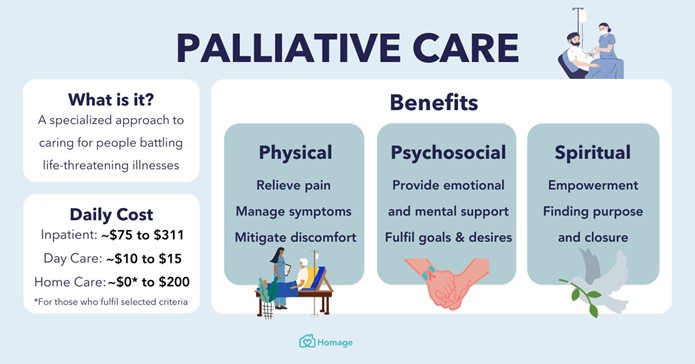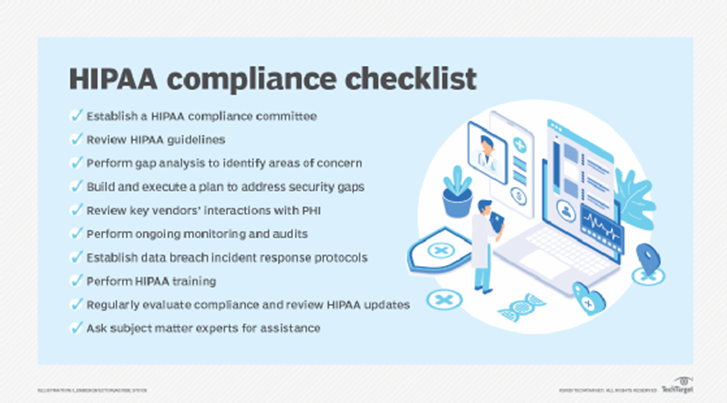A nurse is providing end-of-life care for a client. Which of the following actions should the nurse take?
Encourage the client to make choices regarding hygiene.
Offer the client sips of a citrus flavored soda.
Position the client supine in bed.
Suction the client's airway every hour.
The Correct Answer is A
When providing end-of-life care for a client, the nurse should encourage the client to make choices regarding their hygiene. This allows the client to have some control over their care and can help them feel more comfortable.
Option b is incorrect because offering the client sips of a citrus flavored soda may not be appropriate for all clients and should be based on individual preferences and needs.
Option c is incorrect because positioning the client supine in bed may not be comfortable for all clients and should be based on individual preferences and needs.
Option d is incorrect because suctioning the client's airway every hour may not be necessary and should be based on individual needs.

Nursing Test Bank
Naxlex Comprehensive Predictor Exams
Related Questions
Correct Answer is C
Explanation
The correct answer is that discussing the client's transfer to a long-term care facility with a nurse from another unit is a violation of HIPA
A. HIPAA regulations require that healthcare providers protect the privacy of their clients' personal health information (PHI) and only share it with authorized individuals on a need- to-know basis.
Options a, b and d are not violations of HIPAA. Faxing medical information to the client's provider's office, teaching the client discharge instructions with his partner present and giving a telephone report to a surgical nurse when sending the client to the surgical suite are all acceptable practices under HIPAA regulations.

Correct Answer is A
Explanation
The nurse should respect the client's autonomy and right to make decisions about their own care. Referring the client to hospice care is an appropriate response because it provides the client with support and care in their own home.
Options b, c, and d are not appropriate responses because they do not respect the client's autonomy.
Option b suggests that the client needs to discuss their decision with their family before making a decision, which may not be necessary or desired by the client.
Option c confronts the client with the reality of their illness in a potentially insensitive manner.
Option d suggests that the client is giving up too soon, which may not be an accurate or helpful assessment of the situation.
Whether you are a student looking to ace your exams or a practicing nurse seeking to enhance your expertise , our nursing education contents will empower you with the confidence and competence to make a difference in the lives of patients and become a respected leader in the healthcare field.
Visit Naxlex, invest in your future and unlock endless possibilities with our unparalleled nursing education contents today
Report Wrong Answer on the Current Question
Do you disagree with the answer? If yes, what is your expected answer? Explain.
Kindly be descriptive with the issue you are facing.
